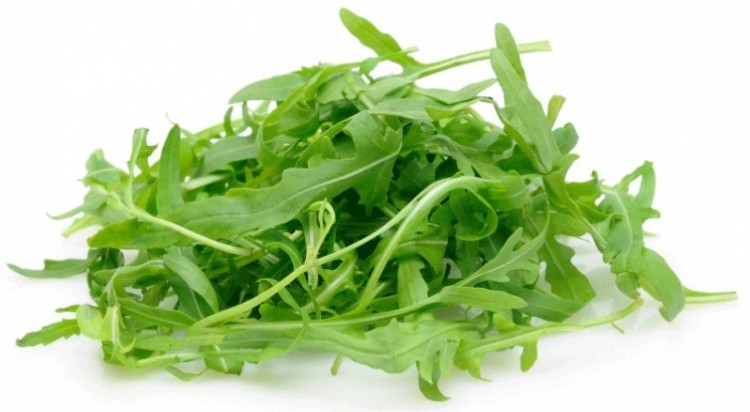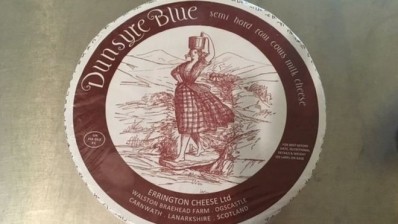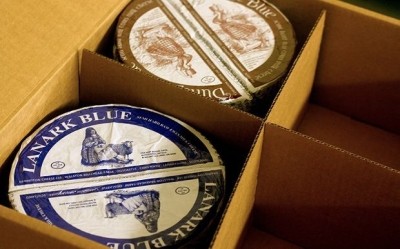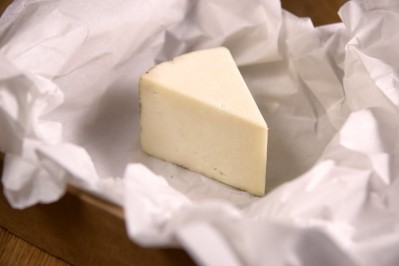E.coli deaths linked to mixed salad leaves

Public Health England (PHE) is still investigating the source of the outbreak but has advised a small number of wholesalers to cease adding some imported rocket leaves to their mixed salad products.
PHE had not ruled out a food manufacturer as being the source of the outbreak, nor had it discounted the possibility of other food items as the cause of the contamination.
There have been 144 people confirmed affected by the outbreak in England – with the south-west particularly affected – plus a further six in Wales and one in Scotland.
Of the cases, two individuals with the E.coli O157 infection have died, and 62 are known to have received hospital care.
Rocket leaves
Dr Isabel Oliver, director of PHE’s field epidemiology service, said: “PHE has been working to establish the cause of the outbreak and has identified that several of the affected individuals ate mixed salad leaves including rocket leaves prior to becoming unwell.
“PHE is also working closely with the Food Standards Agency to trace, sample and test salad products grown in the UK and other parts of Europe.
“As an additional precautionary measure, we have advised a small number of wholesalers to cease adding some imported rocket leaves to their mixed salad products pending further investigations.”
PHE is using numerous approaches including whole genome sequencing technologies to test samples from those affected.
This testing has indicated that the strain involved was likely to be an imported strain, possibly from the Mediterranean area.
Food sample results
Oliver said: “All food sample results to date have been negative for E.coli O157, but it’s important to be aware that where food has been contaminated with E.coli O157, it is not always possible to identify the bacteria on food testing.”
PHE has been reminding people to maintain good hygiene and food preparation practices in response to the current outbreak.
This strain of E.Coli infection can cause a range of symptoms, from mild diarrhoea to bloody diarrhoea with severe abdominal pain.
On rare occasions, it can also cause more serious medical conditions and can be caught by eating contaminated food or by direct contact with animals with the bacteria.
It can also be passed from an infected individual to another person if hand and toilet hygiene is poor.
















